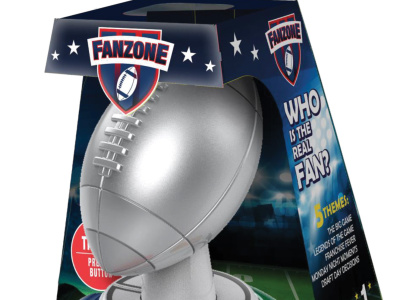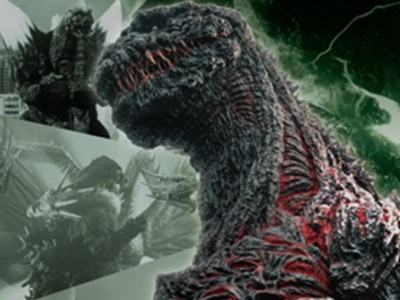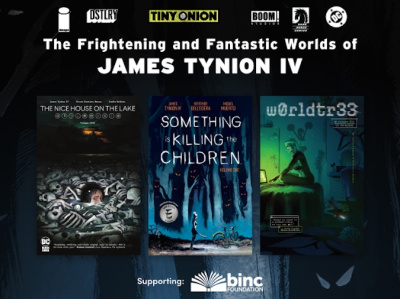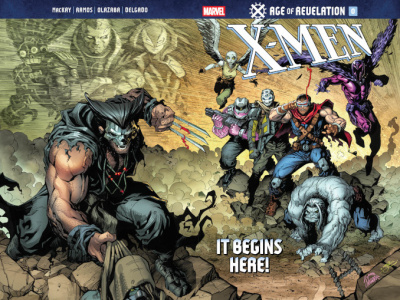
Diamond Book Distributors has troubled book chain Borders on hold, and is not shipping it any new products or restocks from its client publishers, publishers and Diamond confirm. Diamond has been talking to its client publishers about the situation and reports that they are supportive of that decision.
DBD represents a number of important mid-range graphic novel publishers, including Dark Horse, IDW, Image, Dynamite, Oni, Top Shelf and Udon. Three of those publishers, Image, Oni, and Dark Horse, published 12 of the Top 20 Graphic Novels in the adult fiction category in bookstores in December, according to Bookscan (see “Walking Dead #1 in Bookstores”).
DBD also represents a host of smaller graphic novel publishers, as well as game companies Paizo Publishing and Fantasy Flight Games, to the book trade.
DBD also represents a host of smaller graphic novel publishers, as well as game companies Paizo Publishing and Fantasy Flight Games, to the book trade.
Borders has been delaying payments to its suppliers since late last month (see “Borders Delays Vendor Payments”), while it tries to restructure its bank financing. Financing became a problem last fall when Borders’ lending limits were cut by its banks after the valuation of its inventory collateral was cut (see “Borrowing Limits Cut”).
Borders, the nation’s second largest book chain, has faced years of losses and declining sales and unlike its major competitors, Barnes & Noble and Amazon, has not had a robust digital strategy to make up for the decline in sales of books. It has revamped its stores, reducing non-performing departments (like music and DVDs), as well as its online store, but has not been able to stop the bleeding.
The company has been meeting with New York publishing houses in an effort to restructure its trade debt, in addition to trying to restructure its bank debt, but no signs of success have emerged from those meetings. If it is unsuccessful at restructuring its debt, a Chapter 11 bankruptcy filing would seem likely.
A Chapter 11 filing might not be all bad for Borders’ suppliers. Under protection of bankruptcy, Borders might be able to prioritize payments to its suppliers in order to get new products into its stores and preserve the value of its bookselling assets, and hold off on payments to its secured creditors, at least for a time.
In the meantime, given that Borders owes its suppliers money, has inventory, and needs new product, all the companies involved are bracing for a new wave of returns.







